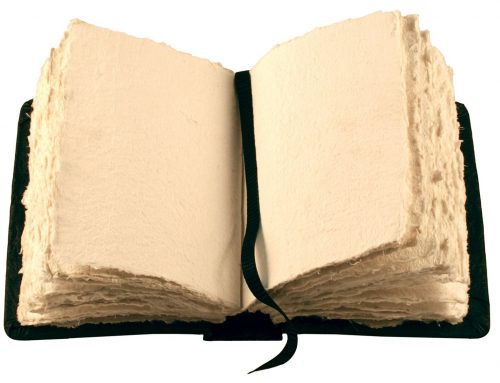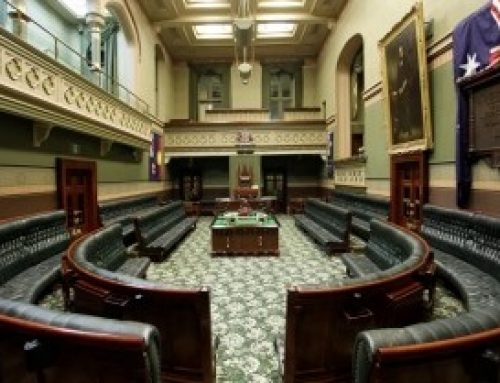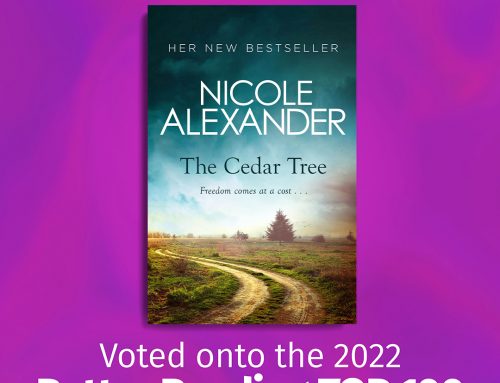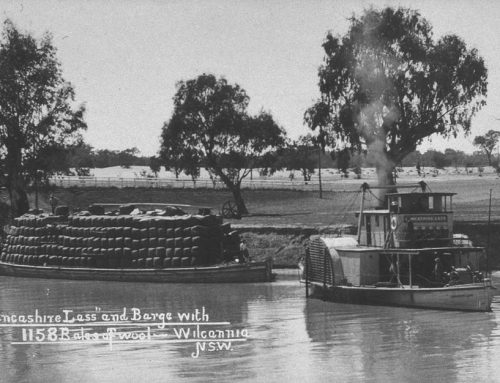What if the world relied on GM crops and those crops were killing us? This is the premise behind LA Larkin’s thriller The Genesis Flaw, a terrific read with a rural connection. Larkin joins us to talk genetic modification, researching ‘hackers’ and the joy of writing in the thriller genre. Enjoy…
 What prompted you to write The Genesis Flaw?
What prompted you to write The Genesis Flaw?
I wanted to write a high stakes thriller with an Australian heroine, which tapped into a hot global issue. I started investigating genetically modified (GM) foods and, after I waded through the marketing hype from GM suppliers, I started reading scientific papers written by world renowned geneticists both for and against food genetic modification. I was fascinated by those papers raising concerns about the potential health and environmental impacts of GMOs and the scientists who wanted more and independent testing done before their release. I was informed that FSANZ, the food safety authority that decides if GM crops are to be grown in Australia, relies solely on documentation from the GM seed provider vested interest. Out of this came the story for The Genesis Flaw, which I must stress is fiction, but it asks a scary question. What if, in a few years time, the world relies on GM crops, and what if those GM crops were killing us? What if a company was responsible for millions falling sick but was powerful enough to cover its tracks? How would we survive?
The story is about a farmer from Orange, NSW, who dies suddenly from lung cancer. His daughter, Serena Swift, sets out to prove that Gene-Asis a global producer of GM seeds – is responsible. But what she discovers is far worse than she could have ever imagined. Serena is forced to change her identity, go undercover, and enter the seedy world of hacking. She is hunted by a hired killer and chased from Sydney to New York where she must face the man she fears most on his home turf. If she fails to stop Gene-Asis plan for world domination, a pandemic will wipe out the human race.
What made you decide to write within the thriller genre?
I have always loved reading thrillers. I am a big fan of Robert Ludlum, Michael Crichton, Clive Cussler, Michael Connelly, Lee Child, John Le Carre and Michael Robotham. But I was keen to have Australian heroes and heroines in my stories, rather than British or American one, so The Genesis Flaw has a female lead. This is unusual in thrillers because the characters go to hell and back and there is often a lot of action, but I wanted to show that a woman could outwit the most powerful man in the world through her gritty determination and cunning, and with some help from the supporting character, John Flynn, the hacker (whose family are farmers too).
Do you ever feel limited by the implications of being a genre writer?
Not at all. Thrillers are a fantastic genre because they allow an author to take an ordinary person and throw them into an extraordinary situation and not only do they have to stay alive, but they have to (often) save the lives of others by preventing a catastrophe. How an author tells that story is up to him or her. Its a lot of fun to write. Like all fiction, thrillers can be written well or badly. I can think of many, many thrillers that are written beautifully, such as John Le Carres The Constant Gardener or Michael Robothams The Wreckage.
What part of your research did you find most exciting?
Researching the hacker character, John Flynn, and learning how hackers do what they do was very exciting, and somewhat terrifying. The Genesis Flaw is a story of corporate espionage and conspiracy. It needed a hacker to help Serena break into top security files to find the evidence she needs. So I had to find a real hacker who was happy to talk to me. I tracked one down and he agreed to help me. Until then, I hadnt known that there were black hat (malicious) hackers and white hat hackers who defend systems against attack. My source was a white hat. He introduced me to a world of key-loggers, wi-fi sniper rifles and self-erasing computer discs. He even took me to a hackers conference and yes, they do have them! There was an undercurrent of suspicion. I discovered there were three main groups attending the conference the legitimate info security people like my source, the undercover detectives who hunt down hackers, and the hackers themselves! All very cloak and dagger.
What do you do in your non-writing time?
I used to work for Australias leading climate change consultancy but I now write full time. I am about to run some thriller writing courses one in Sydney (which will later become an online course) and one in the UK. There seem to be quite a few detective crime fiction writing courses but very few that focus on thrillers. I already have a lot of interest, which is great. So if your blog readers are keen to write a thriller, they can contact me via my website at www.lalarkin.com






Leave A Comment